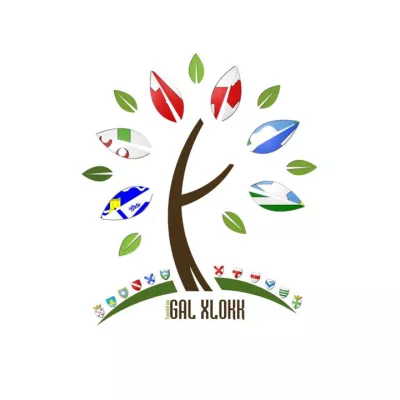General information
RDP Priority
- P6. Social inclusion and local development
RDP Focus Area
- 6B: Local development
RDP Measure
- M19: LEADER/CLLD
Beneficiary type
- Local Action Group
Summary
This LEADER project involved a transnational exchange of good practices in olive tree cultivation between two Local Action Groups from Malta and Italy. Knowledge-sharing focused on the recovery and exploitation of a local Maltese variety of olive tree that produces extra virgin oil. Several awareness-raising and dissemination activities were organised, followed by the publication of press and scientific articles.
Results
- The genetic study identified 46 different genotypes in Maltese olive trees.
- The study supported the preservation of the Maltese olive germplasm and highlighted its importance as a genetic source capable of facing new agronomic challenges and future climatic constraints.
- The project created two fixed-term full-time jobs.

Promoter
LAG Xlokk Foundation
Funding
Total budget: 124 527 (EUR)
EAFRD: 74 250 (EUR)
National/Regional: 24 750 (EUR)
Private: 2 503 (EUR)
Other sources: 23 024 (EUR) - co-financing by the Maltese Ministry for the National Heritage, the Arts and Local Government
Context
In 2015, the Valle Umbra e Sibillini LAG in central Italy hosted representatives of a Maltese LAG at an open-day event focused on olive mills and olive oil traditions. This exchange between the two LAGs laid the foundations for further cooperation, and the LAGs developed a joint project to work on the recovery, characterisation and evaluation of the genetic resources of olive trees on the Maltese Islands.
The Local Development Strategy, implemented by the Maltese ‘Xlokk’ LAG, included only a few initiatives that supported the marketing of tourism products and cultural assets in the territory. This project therefore represented a good opportunity to strengthen one of the main products of the area (olive oil). Detailed research and enhanced promotion would highlight the native, quality olive oil of the territory, enhancing the overall tourism offer.
Objectives
The aims of this transnational cooperation (TNC) project were to:
- Promote the exchange of experiences, know-how and collaboration between different countries through the sharing of information and through raising awareness of local agricultural operators and educational institutions.
- Map the genetic resources of the native Maltese varieties of olive, dating back centuries. In collaboration with the Italian institute, which specialises in this field of research, the recovery of native varieties of olive would eventually help to regenerate olive oil production from these old varieties.
Activities
Project activities included:
- Providing a Master's degree studentship for a young researcher to work at the Italian National Research Council of Perugia and learn more about several research developments in the field of olive growing.
- Organising two visits to Foligno, Umbria for a delegation of five Maltese representatives. The first visit was held in November 2021. The delegation included olive farmers, who visited several olive groves to better understand how to manage their trees. The second visit took place in April 2022, with 20 participants. This larger delegation had the opportunity to meet and learn from people involved in the olive industry, and to learn about the latest findings of Italian and Maltese researchers.
- Organising an information seminar in October 2022 in Malta, with around 130 people attending (mainly local olive producers). The seminar was also attended by experts in the field and the general public.
- Publishing two scientific papers (the first in September 2022, the second in May 2023), in which the Maltese and Italian researchers jointly shared their findings.
- Publishing five newspaper articles about the project’s closure on L-Orizzont, In-Nazzjon, Times of Malta, The Malta Independent and Malta Today; and issuing two leaflets (1 000 copies each). The Xlokk LAG also published educational/information clips on its Facebook page and YouTube account, reaching thousands of viewers.
Main results
- The genetic study identified 46 different genotypes in Maltese olive trees; it also found that some still-living ancient olive trees are at serious risk of extinction due to abandonment, urban expansion and environmental threats.
- The study supported the preservation of the Maltese olive germplasm, and highlights its importance as a rich genetic resource, capable of facing new agronomic challenges and future climatic constraints.
- The project supported two full-time jobs in the Maltese LAG during its implementation.
Key lessons
- LEADER can support and improve the resilience of mainstream agricultural products, such as olives.
- In terms of reach and engagement, the project exceeded the partner’s initial expectations; with around 130 participants from various sectors attending the information seminar, and the social media video clips reaching thousands of viewers within just a few days. The Foundation’s administration and staff members now have the opportunity to collaborate on a new international cooperation project thanks to this positive experience, which further enhances the LEADER network.
- TNC between the two LAG and research institutes from different countries was an exciting learning experience for all involved. The project contributed to the transfer of ideas and experiences, all in order to improve olive oil production.
The cooperation involving both research and hands-on experiences proved to be successful, a great learning exercise.
